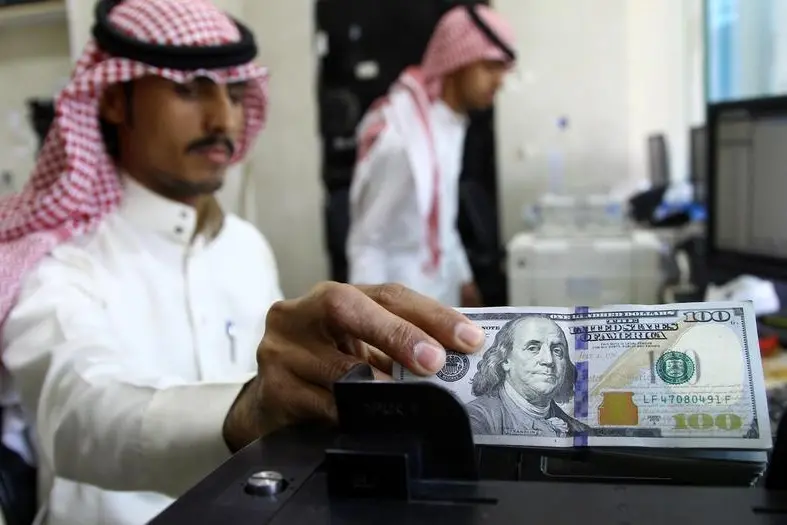PHOTO
Earlier this year, the fund announced a plan to add $300 billion to the Kingdom’s non-oil GDP by 2025, including renewable energy investments.
Renewable energy, water, electricity, and carbon management projects are some of what the listed companies are engaged in.
According to Moody’s Investors Service, Saudi Arabia’s high negative environmental risk exposure is mostly related to carbon transition as a result of its economic and fiscal dependence on the hydrocarbon sector, which is mitigated in part by very low hydrocarbon production costs.
The Kingdom is also one of the world’s most arid countries, and rapid economic and population growth in recent decades have increased challenges surrounding water sustainability.
While most of Saudi Arabia’s water is produced by energy-intensive desalination plants, which are also vulnerable to attacks and oil spills, the Kingdom has access to low-cost energy that mitigates some of this risk.
Due to the rapid growth of the Saudi Capital Market Authority since 2017, it is important for them to implement ESG principles through the Saudi Stock Exchange, Tadawul.
“Saudi Exchange sits at the center of the economic ambitions that will drive this transformation,” said Mohammad Al-Rumaih, CEO of Saudi Stock Exchange on a note on its website.
It is not just about establishing strength to support finance, but also about facilitating a global economic ecosystem that ensures its security. There have been 50 times more Qualified Foreign Investors (QFI) on the Saudi Exchange than there were in 2017.
QFIs are foreign individuals, organizations, as well as residents from a country that is a member of the Financial Action Task Force.
Tadawul established six principles for responsible investment in addition to promoting ESG initiatives. These principles can be used to forecast a firm's performance because they provide a broader perspective of the organization.
Hawazen Nassief, vice president ESG and external affairs at National Energy Services Reunited, said the recent issuance of ESG disclosure guidelines by the Tadawul is a major step forward as it demonstrates the importance of ESG within the Saudi capital market.
“This coincides with other major announcements made at the Saudi Green Initiative Forum that underscore the Kingdom’s commitment — in line with Saudi Vision 2030 — to building sustainable economies and environments, and to playing a leading role in the green transition of the planet,” she told Arab News.
Tadawul’s ESG disclosure guidelines will improve overall market transparency and help listed firms’ long-term success.
“The guidelines will also help companies better align with global best practices and improve standardization and consistency in ESG reporting and disclosure among issuers,” she said.
“They make it easier for local and international investors to monitor and evaluate the ESG performance of listed companies in the Saudi market.”
Copyright: Arab News © 2021 All rights reserved. Provided by SyndiGate Media Inc. (Syndigate.info).





















